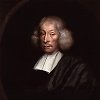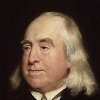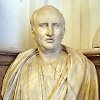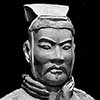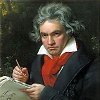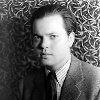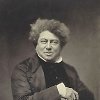William Paley Quotes 9 Sourced Quotes
It is one of the advantages of the revelations which we acknowledge, that whilst they reject idolatry with its many pernicious accompaniments, they introduce the Deity to human apprehension, under an idea more personal, more determinate, more within its compass, than the theology of nature can do. And this they do by representing him exclusively under the relation in which he stands to ourselves; and, for the most part, under some precise character, resulting from that relation, or from the history of his providences. Which method suits the span of our intellects much better than the universality which enters into the idea of God, as deduced from the views of nature. William Paley
In all cases, wherein the mind feels itself in danger of being confounded by variety, it is sure to rest upon a few strong points, or perhaps upon a single instance. Amongst a multitude of proofs, it is one that does the business. If we observe in any argument, that hardly two minds fix upon the same instance, the diversity of choice shows the strength of the argument, because it shows the number and competition of the examples. There is no subject in which the tendency to dwell upon select or single topics is so usual, because there is no subject, of which, in its full extent, the latitude is so great, as that of natural history applied to the proof of an intelligent Creator. William Paley
One question may possibly have dwelt in the reader's mind during the perusal of these observations, namely, Why should not the Deity have given to the animal the faculty of vision at once?... Why resort to contrivance, where power is omnipotent? Contrivance, by its very definition and nature, is the refuge of imperfection. To have recourse to expedients, implies difficulty, impediment, restraint, defect of power.... amongst other answers which may be given to it; beside reasons of which probably we are ignorant, one answer is this: It is only by the display of contrivance, that the existence, the agency, the wisdom of the Deity, could be testified to his rational creatures. William Paley
In every nature, and in every portion of nature, which we can descry, we find attention bestowed upon even the minutest parts. The hinges in the wings of an earwig, and the joints of its antennae, are as highly wrought, as if the Creator had nothing else to finish. We see no signs of dimunition of care by multiplicity of objects, or of distraction of thought by variety. We have no reason to fear, therefore, our being forgotten, or overlooked, or neglected. William Paley



